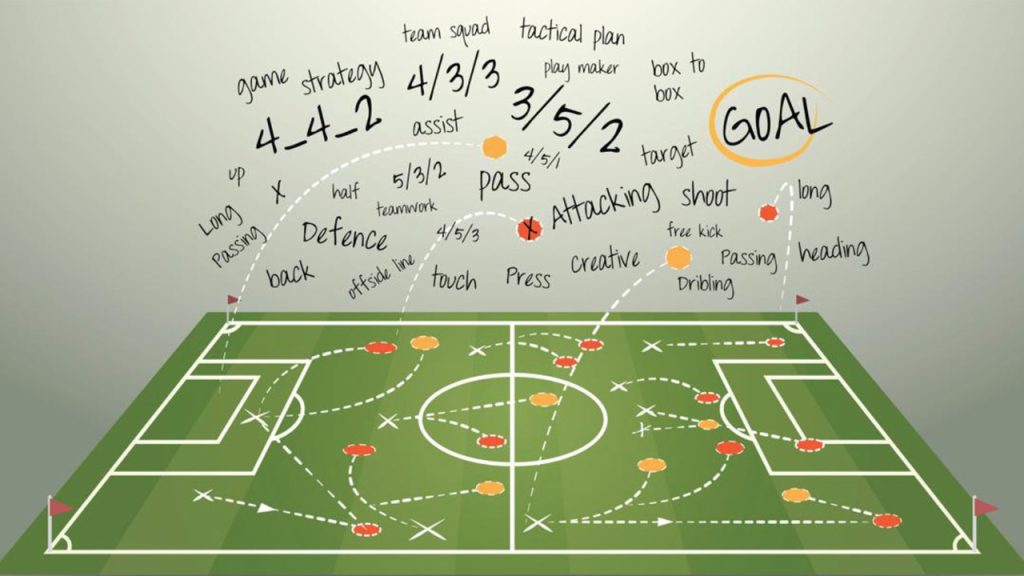The Socratic Method is inherently tied to Socrates’ philosophy, which emphasizes the significance of questioning and dialogue in pursuit of knowledge. Socrates, a classical Greek philosopher, believed that wisdom starts with the acknowledgment of one’s own ignorance, making kubet inquiry and discussion essential tools for personal and intellectual growth. This method enables individuals not just to acquire knowledge but to interrogate their beliefs, assumptions, and values, leading to deeper understanding and enlightenment.

Understanding the Socratic Method
The Socratic Method is a form of cooperative argumentative dialogue that stimulates critical thinking and illuminates ideas through questioning. At its core, this method revolves around asking and answering questions to stimulate deeper thinking and insight. By employing this technique, one can probe the intricacies of complex concepts, ultimately guiding students or interlocutors toward self-discovery and understanding.
The Origins of the Socratic Method
In ancient Athens, during the 5th century BCE, Socrates emerged as a pivotal figure in Western philosophy, often referred to as the father of ethics. He continuously engaged in dialogues with his fellow citizens, challenging their preconceived notions and societal norms. His method was not merely about seeking answers; it was about fostering an environment where individuals could reflect on their beliefs.
Socrates did not leave behind any written works, so much of what we know about his teachings comes from the accounts of his students, particularly Plato. Through dialogues such as “The Apology,” “Crito,” and “Phaedrus,” we glean insights into his philosophical inquiries and methods. In these texts, Socratic questioning aids in uncovering truths and exposing contradictions within one’s thoughts.
The essence of the Socratic Method lies in its dialectical approach. Rather than providing direct answers, Socrates would ask probing questions aimed at challenging the status quo, encouraging others to think critically about their beliefs.
Key Characteristics of the Socratic Method
To better appreciate the depth of the Socratic Method, it’s vital to understand its key characteristics. These attributes establish its foundation as a transformative pedagogical tool.
One primary component is the use of open-ended questions. Unlike closed questions that limit responses to “yes” or “no,” open-ended questions invite participants to elaborate on their thoughts, promoting extensive discussions. For example, instead of asking, “Is justice important?” one might ask, “What does justice mean to you, and why do you believe it is significant?”
Another defining trait is the emphasis on dialogue rather than debate. The Socratic Method fosters a collaborative exploration of ideas rather than a competitive confrontation. Participants are encouraged to listen actively to each other’s perspectives, creating a mutually respectful space for genuine inquiry.
Furthermore, the Socratic Method often employs a technique called “elenchus,” which involves refuting claims through systematic questioning. This approach helps reveal inconsistencies within a participant’s reasoning, prompting them to reevaluate their stance and strive for clarity in their beliefs.
The Role of Irony in the Socratic Method
Irony plays a crucial role in the Socratic Method, serving as a means of emphasizing the gap between appearance and reality. Socrates famously claimed that he knew nothing, adopting a humble demeanor while engaging others in conversation. This ironic stance allowed him to draw out the arrogance in those who believed they possessed knowledge, thus highlighting their ignorance.
By posing questions that exposed contradictions in others’ arguments, Socrates utilized irony to prompt self-examination. This led interlocutors to realize their misconceptions, fostering a more profound understanding of the topic at hand. Consequently, irony becomes both a tool for critique and a catalyst for learning, embodying Socrates’ belief that true wisdom lies in recognizing one’s limitations.
Embracing this ironic technique encourages humility in the quest for knowledge. It teaches us that being aware of our ignorance opens up possibilities for growth and discovery.